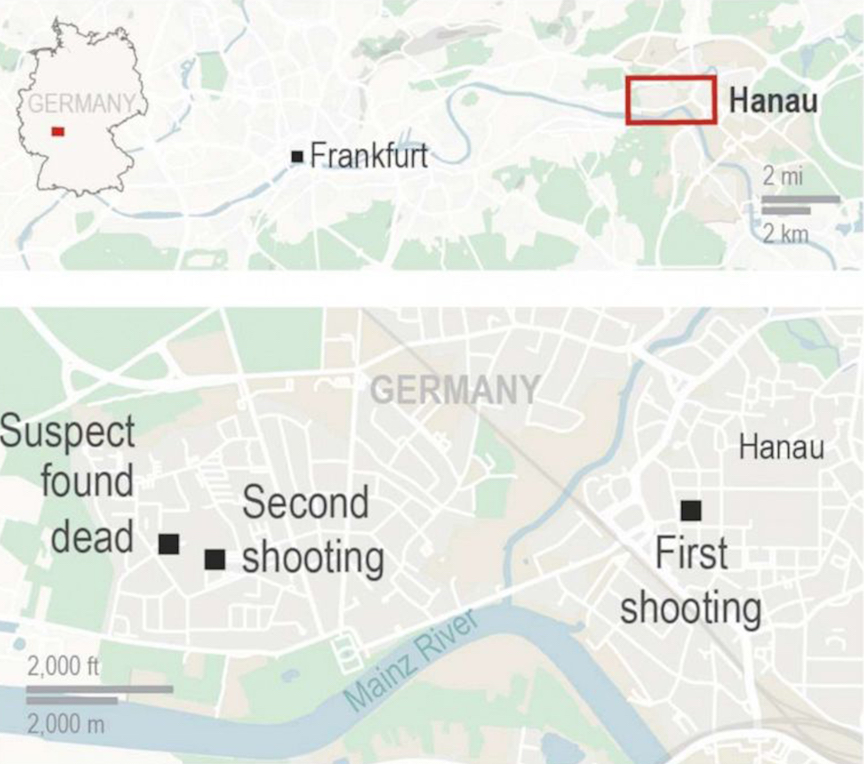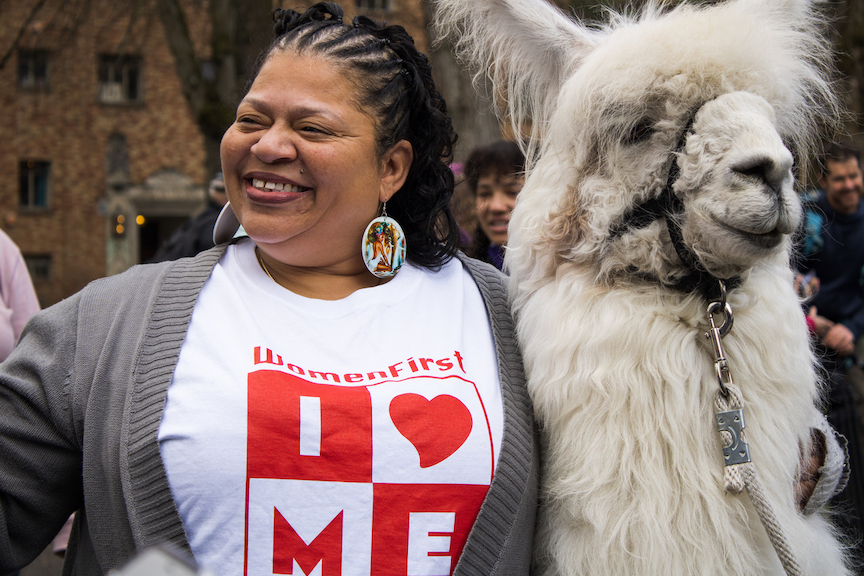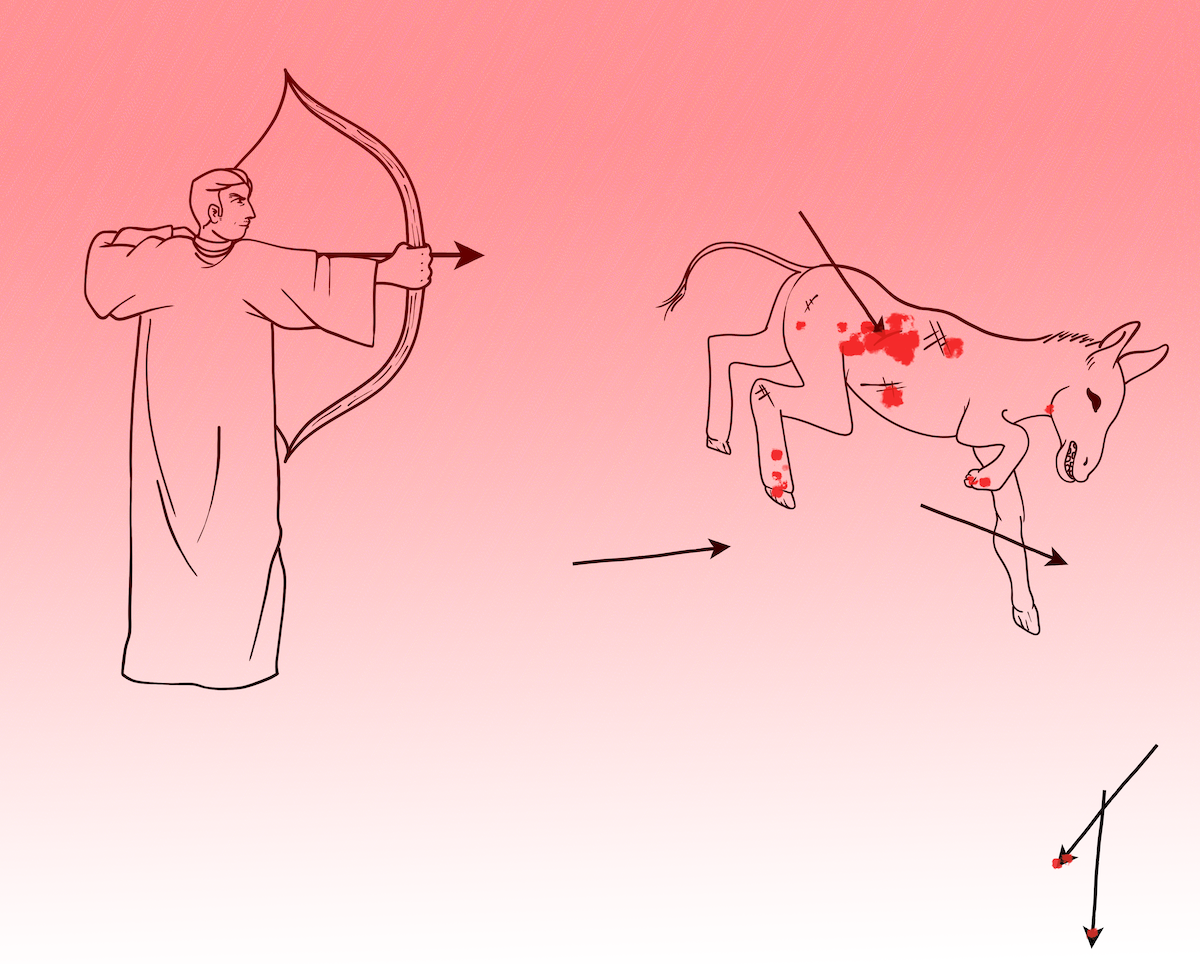The Iowa caucuses are usually seen as pretty grand events for their part in presidential elections. They’re the first nominating caucuses for both Democratic and Republican party primaries and represent an incredibly important achievement for whichever lucky candidate scores the most delegates. Both caucuses are also private, limited only to registered members of their respective parties.
Buzz was high heading into the 2020 Iowa Democratic Caucus, especially with a new mobile app titled IowaRecorder that was commissioned to track results.
What followed the voting, however, was utter chaos.
Approximately 100 districts reported corrupted and incorrect information. The phone lines to the Democratic National Committee were packed with 4chan trolls attempting to slow the progress of the caucus and the outcome of one district was decided with a coin toss, of all things. While many of these issues can be attributed to the terrible dysfunction and disorganization of the DNC, the IowaRecorder app had many people scratching their heads over one particular question—what is the role that technology should assume, if any role at all, in United States elections?
“I, like pretty much everybody else in the elections integrity space, especially in security and national security threats, want paper ballots,” said Joe Kiniry, project lead of Free & Fair, a spin-off of local software company Galois, dedicated specifically to the integrity and security of national voting systems.
“Paper is familiar, indelible evidence of the outcome of the election,” Kiniry said. “The reason it’s great is because we’ve been voting on paper for now, what is it, 200 years?”
The public plea for a return to widespread paper ballots has certainly gained much traction over the last several years. We know that the Russian government heavily interfered in the 2016 U.S. Presidential Election, possibly and probably skewing the outcomes of the election. Phishing, leaked DNC emails, cyberattacks and WikiLeaks all played an important role in this interference, pushing favor onto the Trump campaign by smearing the campaigns of both Bernie Sanders and Hillary Clinton.
Although election technology has been fairly suspect for the last few elections—the smoking gun of the technology vs. paper debate can be inarguably traced back to Bush v. Gore—the 2016 election fully illuminated these issues to an extremity that we have rarely seen before. Paper is indelible. It is permanent, factual, the most secure form of data and protection. You cannot steal millions of pieces of paper from a thousand miles away.
However, there is a great deal of impracticality in paper, specifically in regards to the U.S. electoral system. In most countries, elections are simple. You vote for one politician in one race, and whoever ends up with the most votes wins. The U.S. is drastically different, however—ballots feature several different races, each with varying amounts of candidates to choose from with the electoral college specifically twisting the simplistic popular vote into a mess of gerrymandering and property politics. Ballot types are influenced by everything under the moon, from counties and districts to registered political parties.
The result is “you end up with not just a million pieces of paper [to count], but a million pieces of paper that came from 111 different PDF [files],” Kiniry said.
Even with a hundred volunteers, even with a thousand volunteers for each polling place, there is no feasible way to count all of those ballots within the span of hours, or even days; it’s estimated that a hundred volunteers could take up to several months to count a million ballots. This is horrifying—the U.S. has commandeered itself into an inescapable hell of insecurity where our only option is to face the obvious and eventual corruption that leaks into our political world.
Is it possible to still vote with paper? Sure. Oregon is still clinging onto the strength of paper ballots, granting the state an incredible amount of security in all of its elections. In addition, voting is all done through the mail, so the fear of interference is much smaller than in other states. Most states still allow people to request paper ballots for smaller elections, such as caucuses.
Will we be able to eventually gain secure election technology? Absolutely. Kiniry & Galois’ Free & Fair project is breaking new bounds with security. A secure system is most certainly possible, as most other “secure” systems such as the IowaRecorder were made by inexperienced development teams on shoestring budgets supported in part by funding from the Buttigieg, Biden and Gillibrand campaigns.
Unfortunately, most of the damage committed by Russian interference in 2016 wasn’t hacking, but rather trolling. In the age of connection and internetworks, misinformation spreads quickly. Smear campaigns are easier to pull off now than they were ever, and it’s impossible to differentiate between true tales and fake news.
It’s undeniably true that the outcome of this year’s 2020 Presidential Election will heavily influence security talks for the next few years, whether we continue to see more interference or a cleaner election.
If you want to protect yourself, always try to get a paper ballot if possible. Oregon doesn’t support electronic ballots at all, nor does it even support voting booths. And if you ever move out of state, many states will still allow you to use paper ballots. Remember: paper is physical, physical is private and private is secure.






